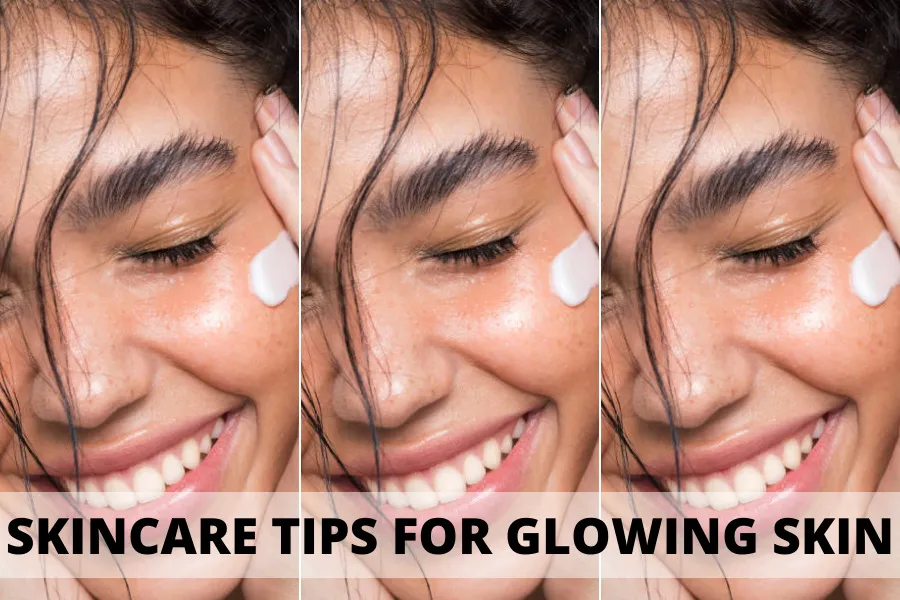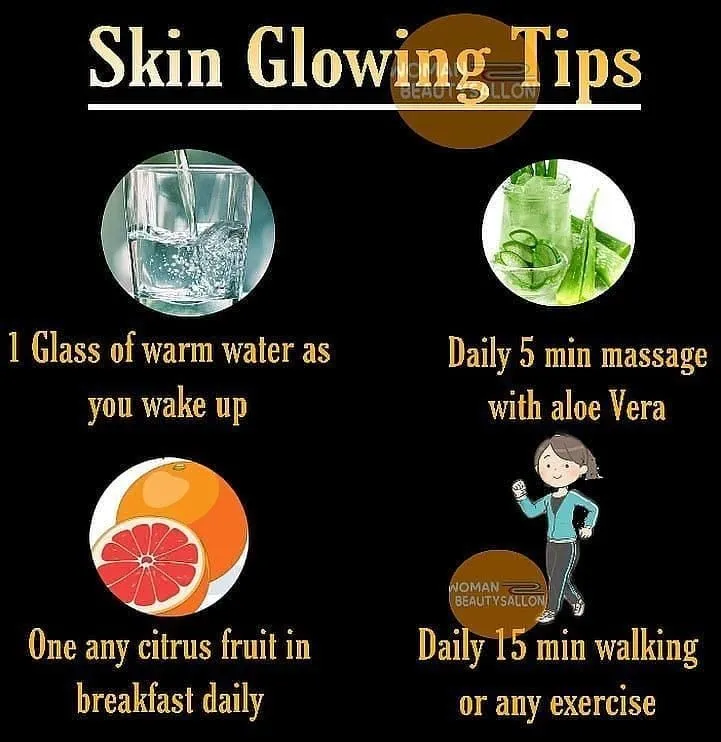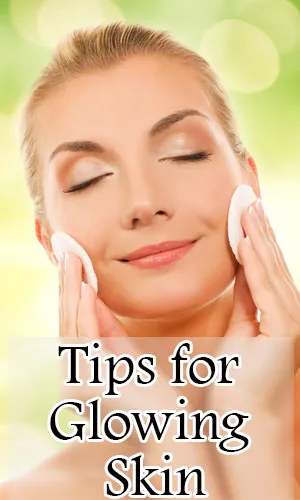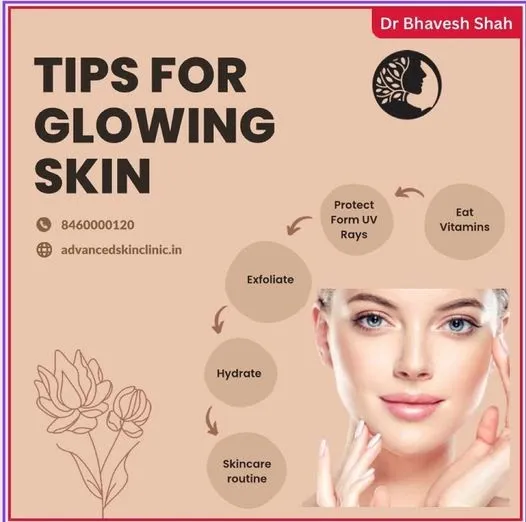What Causes Uneven Skin Tone?
Achieving a glowing, whitened complexion is a common skincare goal, but understanding the underlying causes of uneven skin tone is crucial. Several factors can contribute to this issue, making it essential to address them effectively. These factors include sun exposure, hormonal changes, and the natural aging process. Addressing these elements will help to determine the best path to take to achieve a healthy skin.
Sun Exposure and Hyperpigmentation
Sun exposure is a primary culprit in causing uneven skin tone. Prolonged exposure to ultraviolet (UV) rays stimulates the production of melanin, the pigment responsible for skin color. While melanin provides a degree of protection, excessive sun exposure can lead to hyperpigmentation, resulting in dark spots, freckles, and an overall uneven appearance. Consistent sun protection is thus non-negotiable.
Hormonal Changes and Melanin Production

Hormonal fluctuations, such as those experienced during pregnancy or menopause, can also influence melanin production. This can lead to conditions like melasma, characterized by patches of darkened skin. Hormonal imbalances can trigger melanocyte activity, causing an overproduction of melanin and contributing to uneven skin tone. Seeking advice from a dermatologist can help manage this condition.
Aging and Skin Discoloration
As we age, the skin’s ability to regenerate slows down, and existing skin damage becomes more visible. This can result in age spots, fine lines, and wrinkles, all of which contribute to an uneven skin tone. The natural aging process, coupled with accumulated sun damage, can lead to changes in skin pigmentation, making it essential to adopt a proactive skincare routine to address these concerns.
5 Tips to Achieve Glowing, Whitened Skin
To achieve a radiant, whitened complexion, a multi-faceted approach is needed. Here are five key tips that can help you transform your skin. From incorporating effective ingredients to adopting healthy habits, these strategies will help you on your journey to glowing skin. Remember, consistency is key, and patience is a virtue. Implement these tips into your daily routine and start noticing the difference.
Exfoliate Regularly for Bright Skin

Exfoliation is a crucial step in any skincare routine aimed at achieving glowing, whitened skin. By removing dead skin cells, exfoliation reveals fresh, new skin underneath, which contributes to a brighter and more even complexion. Regularly exfoliating can also help to improve the effectiveness of other skincare products by allowing them to penetrate the skin more effectively. This also helps with skin tone improvement.
Choosing the Right Exfoliation Method
There are two main types of exfoliation chemical and physical. Choosing the right method depends on your skin type and sensitivity. Chemical exfoliants use acids like AHAs (alpha hydroxy acids) and BHAs (beta hydroxy acids) to dissolve dead skin cells, while physical exfoliants use scrubs or tools to manually remove them. Knowing your skin is essential to understanding what is best for it. This also means knowing if the product is right for the skin type.
Chemical vs Physical Exfoliation
Chemical exfoliants like glycolic acid (AHA) are great for brightening and promoting cell turnover, while salicylic acid (BHA) is effective for oily or acne-prone skin. Physical exfoliants, such as scrubs, can provide immediate results but should be used gently to avoid irritation. It is essential to start with a low concentration or gentle scrub and gradually increase as tolerated to avoid over-exfoliation. Always start slowly to allow your skin to adjust.
Benefits of Regular Exfoliation

Regular exfoliation provides numerous benefits, including improved skin texture, reduced appearance of dark spots, and enhanced product absorption. It unclogs pores, preventing breakouts, and allows other skincare ingredients to penetrate more effectively. Exfoliating 1-3 times per week, depending on your skin type, can significantly contribute to a brighter, more radiant complexion. Always listen to your skin and adjust the frequency based on its response.
Use Vitamin C for Skin Whitening
Vitamin C is a potent antioxidant that plays a vital role in skin whitening and overall health. It helps to brighten the skin, reduce dark spots, and protect against environmental damage. Vitamin C inhibits melanin production, the pigment responsible for dark spots, and promotes collagen synthesis for firmer, more youthful-looking skin. Incorporating vitamin C into your daily skincare routine can lead to significant improvements in skin tone and radiance.
Benefits of Vitamin C Serums
Vitamin C serums are a popular and effective way to deliver this antioxidant to the skin. These serums are designed to penetrate deeply, providing benefits such as reducing hyperpigmentation, boosting collagen production, and protecting against free radical damage. Regular use of a vitamin C serum can lead to a more even skin tone, reduced appearance of fine lines, and a brighter, more glowing complexion. Applying it daily will give you faster results.
How to Incorporate Vitamin C into Your Routine

Vitamin C serums should be applied in the morning after cleansing and before applying moisturizer and sunscreen. Start with a lower concentration if you have sensitive skin and gradually increase as tolerated. Allow the serum to absorb fully before applying other products. For optimal results, combine vitamin C with other antioxidants and sun protection.
Choosing the Right Vitamin C Product
When choosing a vitamin C product, look for serums that contain L-ascorbic acid, the most active form of vitamin C. Make sure the product is packaged in a dark, airtight container to protect the vitamin C from light and air, which can degrade its effectiveness. Check the concentration, typically between 10% and 20%, and choose a product that suits your skin type and sensitivity. Read the ingredients and find one that works best for you.
Apply Sunscreen Daily for Protection
Sunscreen is a non-negotiable element of any skincare routine. Daily use of sunscreen is the single most effective way to prevent further damage and protect your skin from the harmful effects of UV rays. UV rays can cause hyperpigmentation, premature aging, and increase the risk of skin cancer. Make sunscreen a non-negotiable part of your daily routine, even on cloudy days. Without it, any other efforts will be lessened.
Understanding the Importance of Sunscreen

Sunscreen protects the skin from both UVA and UVB rays. UVA rays contribute to aging, while UVB rays cause sunburn. Broad-spectrum sunscreen provides protection against both types of rays. Regular sunscreen use prevents new dark spots from forming and helps to maintain an even skin tone. Sunscreen is not only a skincare must but also a health must.
Choosing the Right SPF and Type of Sunscreen
Choose a broad-spectrum sunscreen with an SPF of 30 or higher. The SPF number indicates the level of protection against UVB rays. Apply sunscreen generously and reapply every two hours, especially when outdoors. Sunscreen comes in various forms, including lotions, creams, and sticks, choose the one that suits your skin type and preference. Always use a sunscreen that works with your skin.
How to Make Sunscreen a Habit
Integrate sunscreen into your daily routine. Apply it every morning after your moisturizer and before makeup. Keep sunscreen readily available, such as in your bathroom, car, or bag, to make it easy to apply. Set reminders or create routines that remind you to reapply sunscreen throughout the day, especially when spending time outdoors. Make it a must-do daily habit.
Incorporate Skin-Whitening Ingredients
Several ingredients can help brighten the skin and reduce the appearance of dark spots. These ingredients work by inhibiting melanin production, promoting skin cell turnover, or providing antioxidant protection. Knowing which ingredients work best will help you customize the best routine. Including these in your skincare can help improve your complexion and achieve a more even skin tone.
Retinoids for Skin Renewal
Retinoids, such as retinol and tretinoin, are powerful ingredients that promote skin cell turnover and help reduce the appearance of dark spots and fine lines. Retinoids work by accelerating cell renewal, which helps to shed old, pigmented skin cells and reveal fresher, brighter skin. They also stimulate collagen production, improving skin texture and firmness. It’s best to start with a lower concentration to minimize any potential irritation.
Hydroquinone for Pigmentation
Hydroquinone is a prescription-strength ingredient that inhibits melanin production, making it very effective for treating hyperpigmentation. Hydroquinone works by blocking the enzyme tyrosinase, which is essential for melanin synthesis. While highly effective, it should be used under the guidance of a dermatologist. It can be irritating to some skin types and is not suitable for long-term use, so always consult a professional.
Alpha-Arbutin for a Brightening Effect
Alpha-arbutin is a natural skin-brightening ingredient derived from bearberry plants. It works by inhibiting tyrosinase, reducing melanin production, and promoting a more even skin tone. Alpha-arbutin is gentler than hydroquinone, making it a suitable option for various skin types, including sensitive skin. It’s often used in serums and creams. Daily use will lead to a brighter complexion.
Maintain a Healthy Diet for Glowing Skin
A healthy diet plays a crucial role in skin health and can significantly impact your complexion. Eating a balanced diet rich in vitamins, minerals, and antioxidants provides the necessary nutrients to support skin cell function and promote a radiant, glowing appearance. Including certain foods in your diet can support skin health. This is an inside-out approach to achieving your skincare goals.
Foods That Support Skin Health
Incorporate foods rich in antioxidants, such as berries, leafy greens, and citrus fruits, into your diet. Antioxidants protect the skin from free radical damage. Consume foods high in omega-3 fatty acids, like salmon and flaxseeds, to reduce inflammation and improve skin elasticity. Ensure you’re getting enough vitamins, such as vitamin C, vitamin E, and vitamin A, for optimal skin health. Diet can greatly improve skin appearance.
Hydration and Its Impact on Skin
Adequate hydration is essential for healthy skin. Drinking plenty of water helps keep the skin hydrated, plump, and radiant. Dehydration can lead to dry, dull skin and exacerbate the appearance of fine lines and wrinkles. Aim to drink at least eight glasses of water per day. Incorporate hydrating foods, such as fruits and vegetables with high water content, to boost your hydration levels.
The Role of Antioxidants in Skin Whitening
Antioxidants help protect the skin from oxidative stress caused by free radicals, which can contribute to premature aging and uneven skin tone. Consuming a diet rich in antioxidants neutralizes these free radicals, which helps maintain a brighter and more even complexion. Include colorful fruits and vegetables in your diet to maximize your antioxidant intake. Incorporating an antioxidant-rich diet can improve the overall appearance of your skin.
